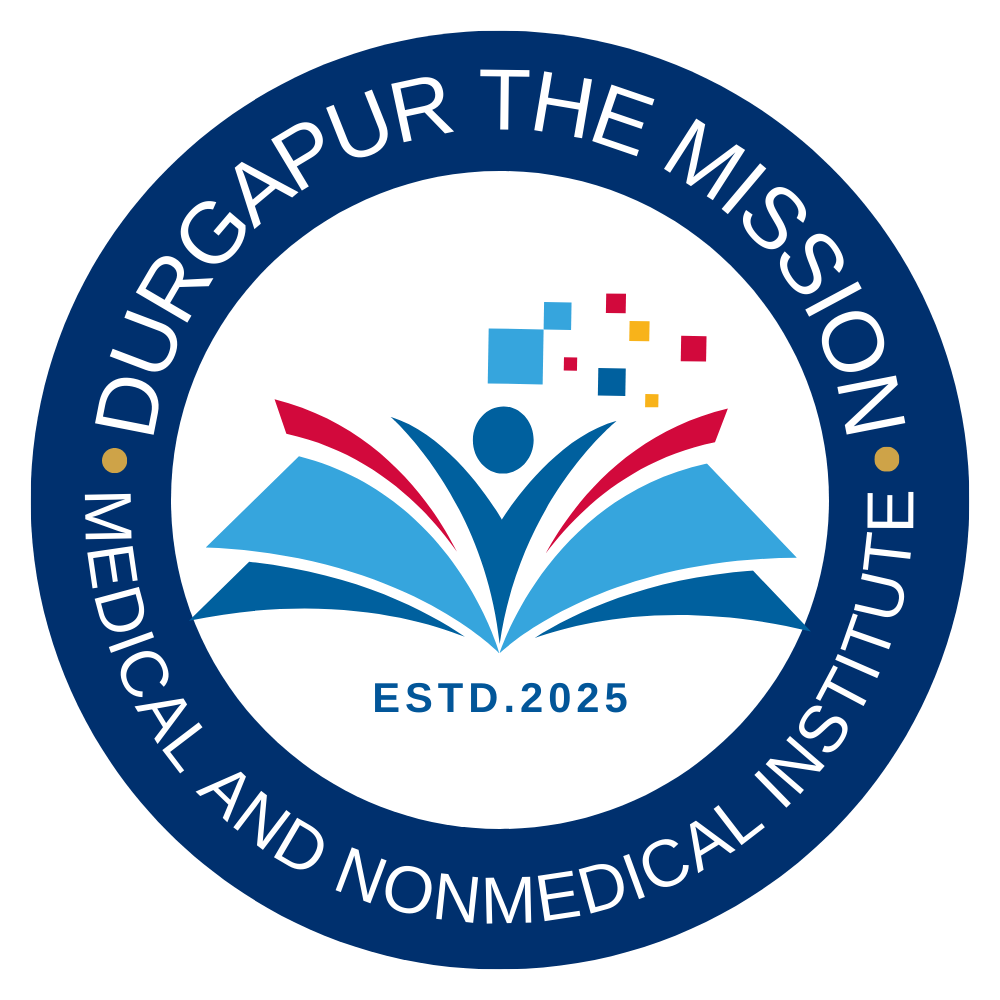Master of Science (M.Sc.) Program Overview
The Master of Science (M.Sc.) is a two-year postgraduate program designed to provide students with an in-depth understanding of various scientific disciplines. It focuses on developing analytical, research, and subject-specific skills that prepare students for careers in academia, industry, and research.
M.Sc. Specializations Offered
Physics
Chemistry
Mathematics
Zoology
Botany
Environmental Science
Biotechnology
Each specialization is structured to offer a strong theoretical foundation, practical laboratory experience, and exposure to real-world applications through fieldwork, seminars, and research projects.
Eligibility Criteria
To apply for the M.Sc. program, candidates must meet the following criteria:
A Bachelor’s degree in Science with a minimum of 50% marks (45% for SC/ST/BC candidates) from a recognized university.
The subject studied at the undergraduate level must be relevant to the specialization applied for.
Successful completion of an entrance exam conducted for the program.
Note: Eligibility criteria may vary slightly depending on the specific specialization.
Admission Process (2025)
Online Application: Fill out the application form online and pay the application fee.
Entrance Examination: Appear for the entrance exam conducted, usually in July.
Merit List: A merit list is prepared based on exam performance.
Counseling: Shortlisted candidates attend counseling to choose their specialization.
Document Verification: Submit original academic documents for verification.
Admission Confirmation: Pay admission fees to confirm enrollment.
Why Choose This M.Sc. Program?
Experienced Faculty: Learn from highly qualified educators actively involved in research.
Robust Curriculum: A well-designed syllabus focusing on both theoretical knowledge and practical skills.
Research Opportunities: Participate in funded and independent research projects.
State-of-the-Art Infrastructure: Access to modern laboratories, libraries, and research facilities.
Career Readiness: Gain skills that are directly applicable to jobs in research, academia, and industry.
Affordability: Competitive fee structure making it accessible to a wider range of students.
Program Highlights
| Feature | Description |
|---|---|
| Academic Curriculum | Balanced mix of theoretical and practical learning |
| Qualified Faculty | Mentorship from experienced researchers and educators |
| Research Focus | Hands-on research projects and dissertation work |
| Career Support | Dedicated placement assistance and career counseling |
| Affordable Fees | Reasonable tuition compared to many other institutions |
Sample Syllabus Overview
M.Sc. in Physics (Sample Structure)
Year 1:
Mathematical Methods & Classical Mechanics
Quantum Mechanics & Electrodynamics
Statistical Mechanics & Solid-State Physics
Electronics & Experimental Techniques
Year 2:
Nuclear and Particle Physics
Condensed Matter Physics
Astrophysics and Cosmology
Project Work / Dissertation
M.Sc. in Chemistry (Sample Structure)
Year 1:
Inorganic, Organic, Physical & Analytical Chemistry
Year 2:
Medicinal Chemistry
Polymer Chemistry
Environmental Chemistry
Project Work / Dissertation
Note: Curriculum may vary based on the chosen specialization.
Career Opportunities After M.Sc.
Graduates can pursue various career paths such as:
Research & Development:.
Research Scientist
Scientific Officer
Data Analyst
Project Assistant
Academia:
Lecturer or Assistant Professor
Academic Counselor
Education Coordinator
Industry Roles:
Quality Control Analyst
Product Development Specialist
Production Supervisor
Business Development Executive
Graduates may also choose to pursue a Ph.D. or prepare for competitive government exams (e.g., UPSC, PSC) for science-related positions.
Frequently Asked Questions
Q1. What is the duration of the M.Sc. program?
A: The program spans two years and is full-time.
Q2. What is the eligibility to apply?
A: A bachelor’s degree in science with at least 50% marks (45% for reserved categories) and relevant subject background.
Q3. Is there an entrance exam for admission?
A: Yes, admission is typically based on an entrance exam followed by counseling.
Q4. What is the average fee structure?
A: Fees generally range from INR 12,000 to INR 15,000 per semester, depending on the specialization.
Q5. What career options are available after completing the M.Sc.?
A: Careers in research, teaching, and industry are open, along with options for higher education and government job exams.

